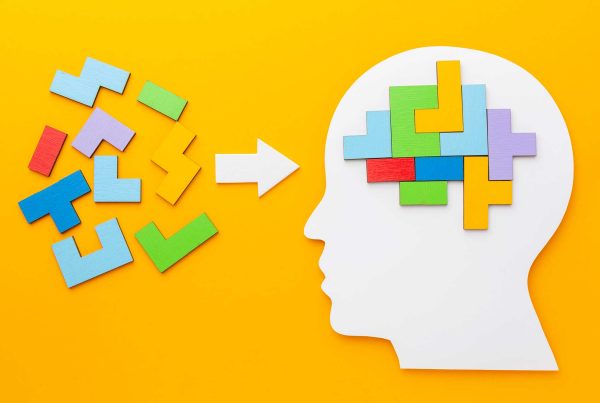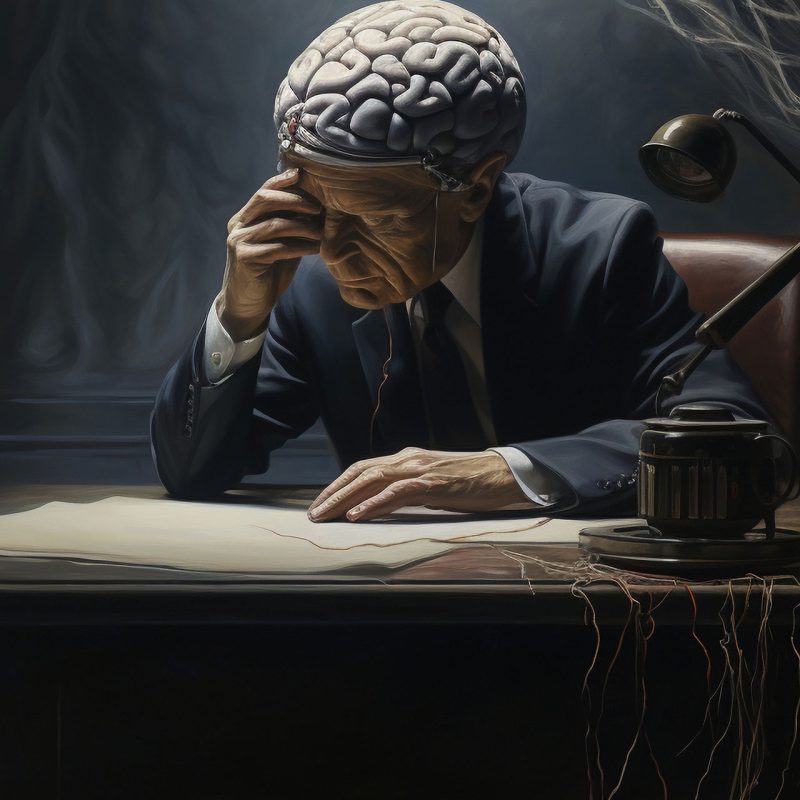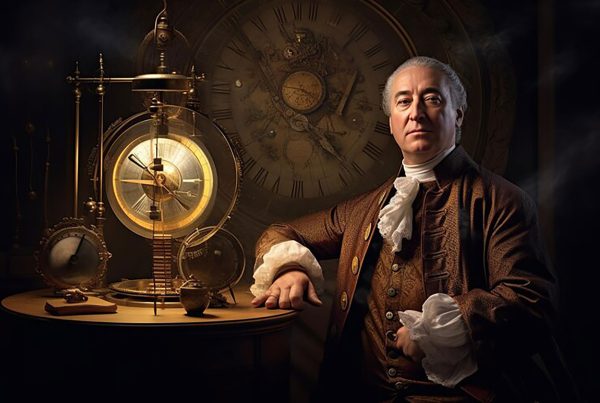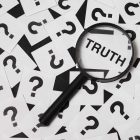 POLITICAL PHILOSOPHY
POLITICAL PHILOSOPHY
 CONTINENTAL PHILOSOPHY IN THE TWENTIETH CENTURY
CONTINENTAL PHILOSOPHY IN THE TWENTIETH CENTURY
CONTINENTAL PHILOSOPHY IN THE TWENTIETH CENTURY
 PREDICATE CALCULUS (PREDICATE LOGIC)
PREDICATE CALCULUS (PREDICATE LOGIC)
PREDICATE CALCULUS (PREDICATE LOGIC)
 FORMS OF PHILOSOPHICAL WRITING
FORMS OF PHILOSOPHICAL WRITING
FORMS OF PHILOSOPHICAL WRITING
 THE ELEATIC SCHOOL
THE ELEATIC SCHOOL
THE ELEATIC SCHOOL
 PHILOSOPHICAL BOOKS AND TEXT
PHILOSOPHICAL BOOKS AND TEXT
PHILOSOPHICAL BOOKS AND TEXT
 EPISTEMOLOGY
EPISTEMOLOGY
EPISTEMOLOGY
 BASIC LOGICAL SYMBOLS
BASIC LOGICAL SYMBOLS
BASIC LOGICAL SYMBOLS
 HERMENEUTICS
HERMENEUTICS
HERMENEUTICS
 STOICISM
STOICISM
STOICISM
 OTHER CATEGORIZATIONS OF PHILOSOPHICAL WRITING
OTHER CATEGORIZATIONS OF PHILOSOPHICAL WRITING
OTHER CATEGORIZATIONS OF PHILOSOPHICAL WRITING
 PRAGMATISM
PRAGMATISM
PRAGMATISM
 LOGICAL POSITIVISM
LOGICAL POSITIVISM
LOGICAL POSITIVISM
 INTRODUCTORY PHILOSOPHY TEXTS
INTRODUCTORY PHILOSOPHY TEXTS
INTRODUCTORY PHILOSOPHY TEXTS
 NON-WESTERN PHILOSOPHICAL TRADITIONS
NON-WESTERN PHILOSOPHICAL TRADITIONS
NON-WESTERN PHILOSOPHICAL TRADITIONS
Logic
Books
-
A Little History of the World (Little Histories)
$10.99 -
The Conspiracy against the Human Race: A Contrivance of Horror
$14.83 -
The Case Against Reality: Why Evolution Hid the Truth from Our Eyes
$14.17 -
Francis Bacon: The Logic of Sensation
$20.00 -
Nicomachean Ethics
$9.50 -
Philosophy in the Renaissance: An Anthology
$34.95 -
The Holy Spirit (New Studies in Dogmatics)
$24.99 -
Antifragile: Things That Gain from Disorder (Incerto)
$11.94 -
Caliphate and Imamate (Cambridge Texts in the History of Political Thought)
$34.99 -
The Acting Person (Analecta Husserliana, 10)
$251.70 -
Beauty: A Very Short Introduction
$11.95 -
Art as experience,
$50.00 -
The Symposium (Penguin Classics)
$8.99 -
Only the Lover Sings: Art and Contemplation
$11.95 -
Historia de la filosofía. II (2º): Filosofía judía y musulmana. Alta escolástica: desarrollo y decadencia
$42.93
The Atomos Blog
Philosophy of Law: An Introduction
Philosophy of Law: An Introduction
Philosophy of Science: An Introduction
Aesthetics: An Introduction
Epistemology: An Introduction
Ethics: An Introduction
Logic: An Introduction
Metaphysics: An Introduction
Philosophy of History: An Introduction
Philosophy of Language: An Introduction
Philosophy of Mind: An Introduction
Philosophy of Technology: An Introduction
Political and Social Philosophy: An Introduction
Environmental Philosophy: An Introduction
Existentialism and Phenomenology: An Introduction
Feminist Philosophy: An Introduction
Philosophy of Mind: An Introduction
Terms & Concepts

Truth table


































































